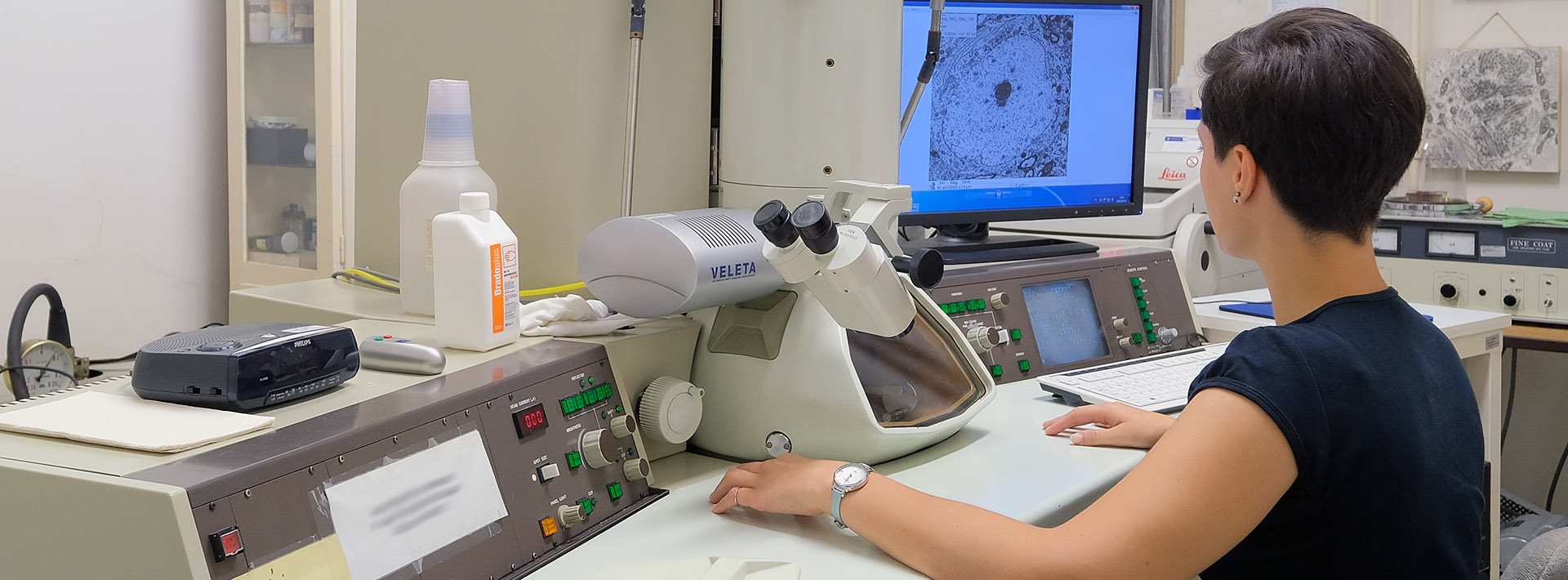Daten
Offizielle Daten in der Fachveröffentlichung für das folgende akademische Jahr: 2022-2023
Lehrbeauftragte/r
-
Dr. Marianna PAP
associate professor,
Department of Medical Biology and Central Electron Microscope Laboratory -
Semesterwochenstunden
Vorlesungen: 24
Praktika: 0
Seminare: 0
Insgesamt: 24
Fachangaben
- Kode des Kurses: OBF-NS2-T
- 2 kredit
- Biotechnology MSc
- Optional modul
- spring
keine
Zahl der Kursteilnehmer für den Kurs:
min. 1 – max. 200
Thematik
The aim of the course is to present the most important and most exciting Nobel Prize-winning molecular cell biology discoveries based on Nobel lectures given by the winners. The background story of the awards reveals many years of research work, good ideas, good fortune mixed with family and other personal memories. There is no single recipe for success, the road is always a bit different, and perhaps the only common feature is the teamwork. From the presentations one might get insight of the winners’ personality as well. An important aspect was in the selection of the topics to emphasize their significance (DNA-, RNA-structure and their synthesis, ribosome function), their impact on current medical way of thinking (e.g. Prions) and diagnostic methods (e.g. recombinant DNA technology, DNA sequencing), the description of their present and future medical applicability (e.g. in vitro fertilization), as well as to highlight their potential relations to different diseases (e.g. cell cycle regulation, reprogram of differentiated cells, RNA interference, papillomaviruses, HIV). Lectures are organized based on the topics related to the weekly schedule of the molecular cell biology course, not in chronological order. Most of the presented discoveries and experiments are involved in the molecular cell biology course material, so hopefully their discussion helps in the better understanding of those topics and lead to a more effective and shorter exam preparation.
Vorlesungen
- 1. Passive transport - Dr. Pap Marianna
- 2. Passive transport - Dr. Pap Marianna
- 3. Active transport - Dr. Pap Marianna
- 4. Action of hormones - Dr. Pap Marianna
- 5. G-proteins and their role in signal transduction - Dr. Pap Marianna
- 6. G-protein coupled receptors - Dr. Pap Marianna
- 7. Growth factors - Dr. Pap Marianna
- 8. Growth factors - Dr. Pap Marianna
- 9. Reversible protein phosphorylation in signal transduction pathways - Dr. Pap Marianna
- 10. Reversible protein phosphorylation in signal transduction pathways - Dr. Pap Marianna
- 11. Genetic control of early embryonic development - Dr. Pap Marianna
- 12. Genetic control of early embryonic development - Dr. Pap Marianna
- 13. Programmed cell death - Dr. Pap Marianna
- 14. Programmed cell death - Dr. Pap Marianna
- 15. DNA tumor viruses - Dr. Pap Marianna
- 16. DNA tumor viruses - Dr. Pap Marianna
- 17. RNA tumor viruses - Dr. Pap Marianna
- 18. Retroviral oncogenes - Dr. Pap Marianna
- 19. Telomeres and telomerase activity in cancers - Dr. Pap Marianna
- 20. Human cell- and tissue transplantation - Dr. Pap Marianna
- 21. In vitro fertilization - Dr. Pap Marianna
- 22. The discovery of the green fluorescent protein and its significance in molecular biology - Dr. Pap Marianna
- 23. Exam - Dr. Pap Marianna
- 24. Exam - Dr. Pap Marianna
Praktika
Seminare
Materialien zum Aneignen des Lehrstoffes
Obligatorische Literatur
Vom Institut veröffentlichter Lehrstoff
Skript
Empfohlene Literatur
www.nobelprize.org
Voraussetzung zum Absolvieren des Semesters
Maximum of 25 % absence allowed
Semesteranforderungen
2 written tests: on week 7 and on week 14.
Möglichkeiten zur Nachholung der Fehlzeiten
Participation on Hungarian or German lectures is the only possibility to make-up missed lectures.
Prüfungsfragen
.
